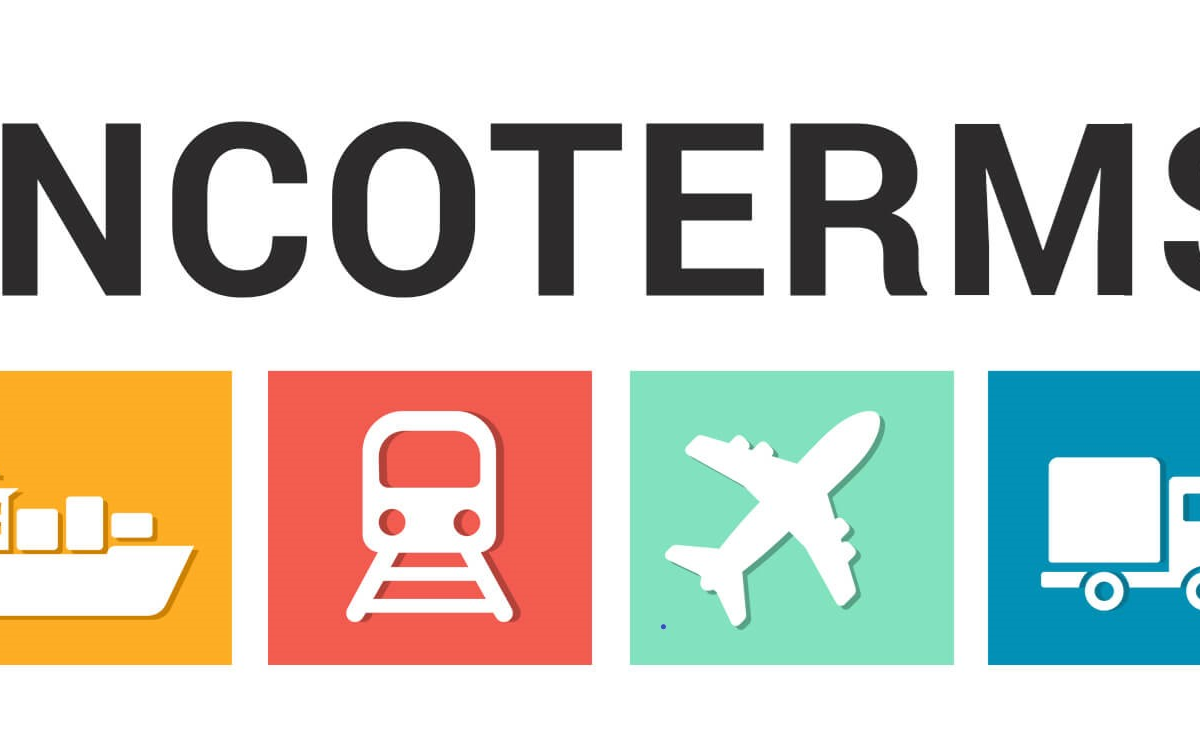
This is written by Austin Garcia
In a major shift for global trade and e-commerce, President Donald Trump signed an executive order on February 1, 2025. This order put an extra 10% tariff on most goods from China, Mexico, and Canada. The order also ended the De Minimis exemption for Chinese imports. This change could widely affect many parts of the economy.
The De Minimis Exemption: A Key E-commerce Tool
The De Minimis exemption is formally known as Section 321. It’s part of the Tariff Act of 1930. It allowed packages worth less than $800 to enter the U.S. duty-free. This rule was crucial for e-commerce giants. Companies like Shein and Temu used it. It let them sell low-cost goods from China directly. They avoided extra tariffs. Ending this exemption will greatly impact these businesses. Consumers may face higher prices. Small businesses might see increased shipping costs.
Criticisms and Support
Removing the De Minimis exemption has sparked many reactions. Critics say the exemption was a loophole. It let e-commerce firms avoid tariffs. This gave them an unfair edge over U.S. stores. Supporters, however, say it helped consumers. It also helped small businesses, kept costs down and made it easier for small businesses to compete.
Possible Effects on Shoppers and Businesses
This policy change could have big consequences. For consumers, prices on duty-free goods could rise quickly. For small businesses, higher shipping costs could cut profits. This makes it harder to compete with larger companies. These larger firms have more money to cover extra costs. Also, shipments might face delays. Customs officials will need to adjust to new rules.
History of De Minimis
The De Minimis rule was first set up to cut paperwork for customs. It also sped up low-value parcel entry. The exemption limit was raised from $200 to $800 in 2016. Businesses pushed for this. They argued a higher limit would benefit everyone. It would cut unnecessary paperwork.
Economic Impact and Wider Reach
Economists worry the De Minimis removal could hurt small businesses most. These businesses often rely on cheap international shipping. This helps them stay competitive. Higher shipping costs could remove this edge. This might lead to higher prices for shoppers. It could also reduce market variety.
The policy’s wider impact goes beyond the U.S. Countries like Canada and Mexico are major trade partners. They have many warehouses for cross-border shipping into the U.S. They could also feel the effects. Higher tariffs and no exemption could disrupt supply chains. It might also complicate international trade logistics.
Conclusion: Navigating the New Trade World
The world is adapting to these changes. Businesses and consumers must navigate this new trade landscape. Ending the De Minimis exemption marks a big shift in U.S. trade policy. Its effects will be felt across many economic sectors. The full impact is still unclear. But cheap, duty-free imports are ending. All involved parties must adapt to this new reality.



